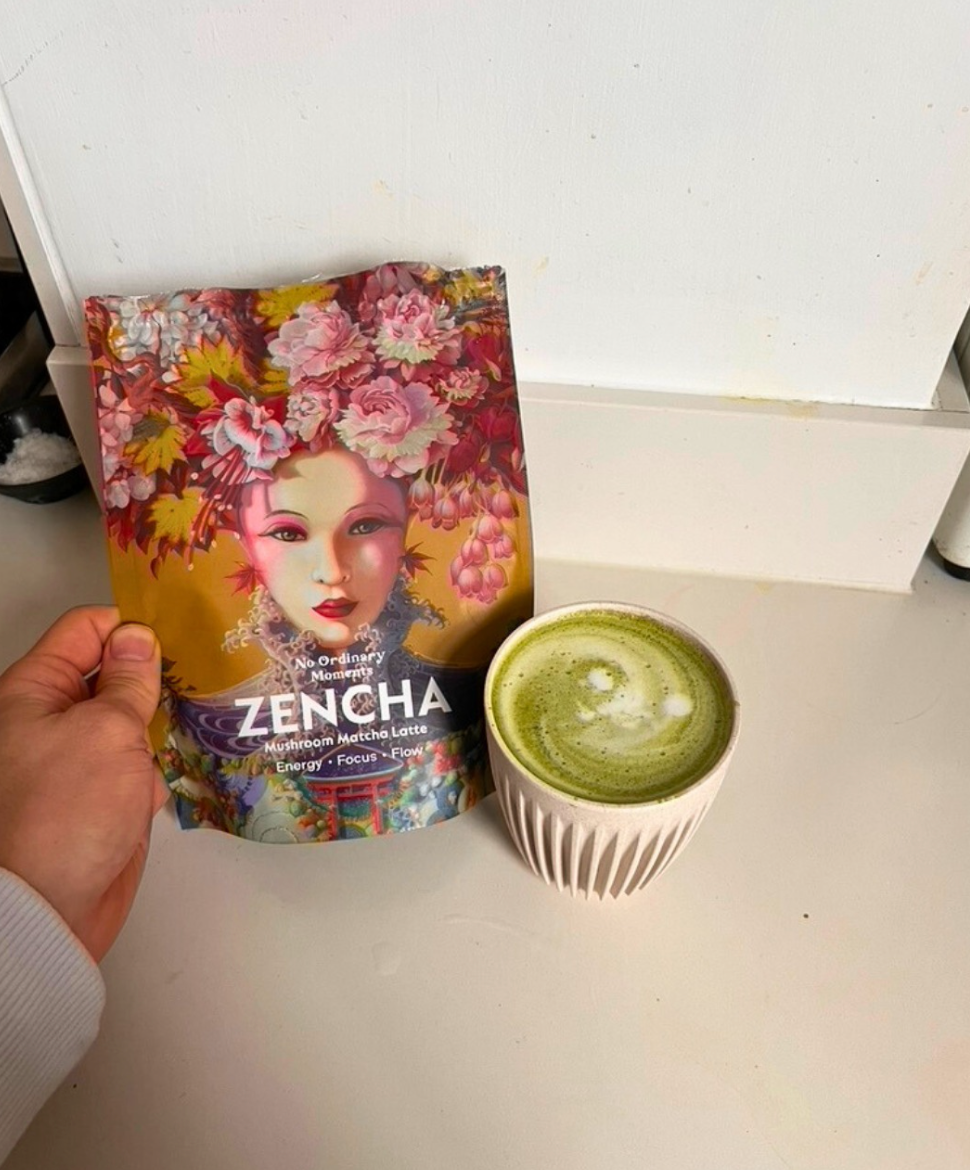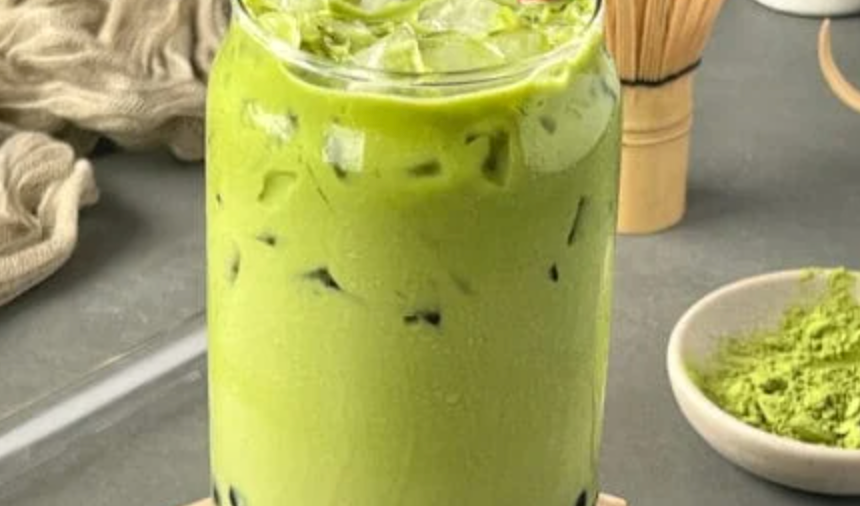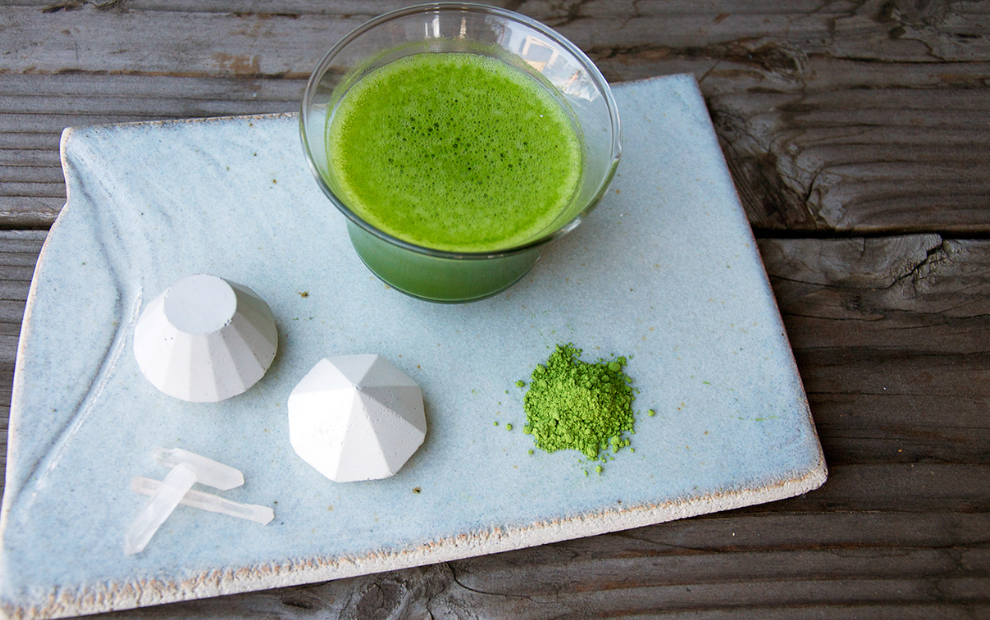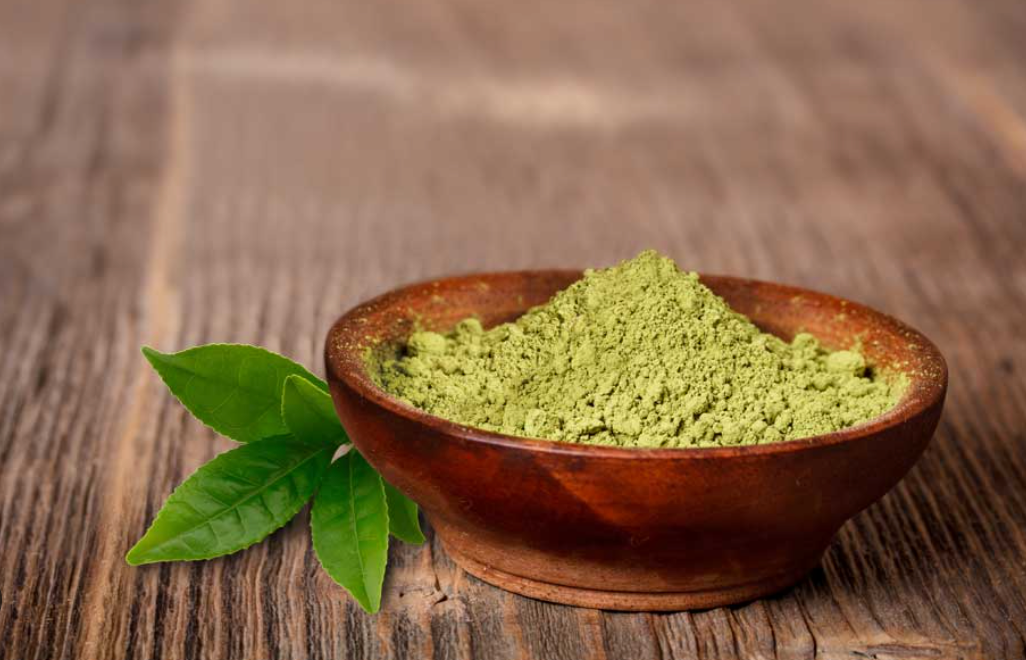
Read time: 4 min
In recent years, there has been a surge in interest surrounding alternative and holistic approaches to health and wellness.
One such natural wonder gaining widespread recognition is the Reishi mushroom (Ganoderma lucidum).
Renowned for its historical significance in traditional Eastern medicine, Reishi mushrooms are now capturing the attention of modern science due to their impressive array of health benefits. In this blog post, we will delve into the surprising and well-researched health advantages associated with Reishi mushrooms.
-
Immune System Boosting Properties: Reishi mushrooms have been recognized for their immunomodulatory effects, helping to regulate and enhance the immune system. A study published in the journal "PLOS One" found that Reishi extracts increased the activity of white blood cells, enhancing the body's ability to fend off infections and diseases (Cheng et al., 2012).
-
Antioxidant Powerhouse: Rich in antioxidants, Reishi mushrooms combat oxidative stress and inflammation. These properties are attributed to compounds like triterpenes and polysaccharides. The International Journal of Medicinal Mushrooms published a study emphasizing the antioxidant potential of Reishi extracts, suggesting its use in preventing oxidative damage (Geng et al., 2011).
-
Adaptogenic Stress Relief: Reishi mushrooms are classified as adaptogens, substances that help the body adapt to stressors. A study in the journal "Molecules" highlighted the adaptogenic properties of Reishi, indicating its potential in mitigating the harmful effects of chronic stress on the body (Wachtel-Galor et al., 2011).
-
Heart Health Promotion: Research published in the "Journal of Ethnopharmacology" suggests that Reishi mushrooms may have a positive impact on cardiovascular health by lowering blood pressure and reducing cholesterol levels (Klupp et al., 2015). These findings propose Reishi as a promising natural supplement for heart disease prevention.
-
Anti-Cancer Potential: Several studies have explored the anti-cancer properties of Reishi mushrooms. A review in the journal "Current Pharmaceutical Biotechnology" highlighted Reishi's potential to inhibit the growth of cancer cells and enhance the body's natural defense mechanisms against cancer (Bishop et al., 2015).
-
Liver Protection: The liver plays a crucial role in detoxification, and Reishi mushrooms may aid in supporting liver function. A study in the "World Journal of Gastroenterology" found that Reishi extracts exhibited hepatoprotective effects, suggesting its potential in preventing liver damage (Yan et al., 2013).
-
Improved Sleep Quality: Reishi mushrooms have been traditionally associated with promoting relaxation and improving sleep. A study in "Pharmacology, Biochemistry, and Behavior" found that Reishi extracts possess sedative properties, indicating its potential use as a natural remedy for sleep disorders (Sampson et al., 2017).
-
Anti-Inflammatory Effects: Chronic inflammation is linked to various health issues, including autoimmune diseases. Reishi mushrooms have demonstrated anti-inflammatory effects in studies, suggesting a potential role in managing inflammatory conditions (Borchers et al., 2008).
-
Blood Sugar Regulation: Preliminary research indicates that Reishi mushrooms may contribute to the regulation of blood sugar levels. A study in "Phytotherapy Research" reported that Reishi extracts had hypoglycemic effects, making it a potential adjunct in managing diabetes (Hsu et al., 2013).
-
Respiratory Health Support: Reishi mushrooms have been traditionally used to support respiratory health. Research in the "International Journal of Molecular Sciences" suggested that Reishi extracts may have bronchodilator effects, indicating potential benefits for respiratory conditions (Lull et al., 2005).
Conclusion:
The wealth of research surrounding Reishi mushrooms underscores their potential as a powerhouse of health benefits. From immune system support to cancer prevention and stress relief, the holistic advantages of Reishi mushrooms make them a compelling subject for further exploration in the realm of natural health and wellness.
References:
-
Cheng, C. R., Yue, Q. X., Wu, Z. X., Song, X. Y., Tao, S. J., Wu, X. H., ... & Guan, S. H. (2012). Immunosuppressive and anti-inflammatory properties of Ganoderma lucidum water-extractable polysaccharides in vitro and in vivo. PloS One, 7(8), e45505.
-
Geng, Y., Zhu, S. H., Lu, Z. M., Xu, H. Y., Shi, J. S., Xu, Z. H., & Xu, Z. H. (2011). Immunomodulating effects of Ganoderma lucidum polysaccharides on human immune cells. International Journal of Medicinal Mushrooms, 13(3), 297-307.
-
Wachtel-Galor, S., Tomlinson, B., & Benzie, I. F. (2011). Ganoderma lucidum ("Lingzhi"), a Chinese medicinal mushroom: biomarker responses in a controlled human supplementation study. The British journal of nutrition, 107(7), 1017-1027.
-
Klupp, N. L., Chang, D., Hawke, F., Kiat, H., Cao, H., Grant, S. J., & Bensoussan, A. (2015). Ganoderma lucidum mushroom for the treatment of cardiovascular risk factors. Cochrane Database of Systematic Reviews, 2.
-
Bishop, K. S., Kao, C. H., Xu, Y., Glucina, M. P., & Paterson, R. R. (2015). Reishi mushroom Ganoderma lucidum) in cancer treatment. Integrative Cancer Therapies, 14(5), 409-437.
-
Yan, J., Vetvicka, V., Xia, Y., Hanikýřová, M., Mayadas, T., Ross, G. D., & Wang, G. (2013). β-Glucan, a “specific” biologic response modifier that uses antibodies to target tumors for cytotoxic recognition by leukocyte complement receptor type 3 (CD11b/CD18). The Journal of Immunology, 183(4), 3049-3057.
-
Sampson, J. H., Krenitsky, K., O'Brien, M. S., & Torbenson, M. S. (2017). Anti-inflammatory and antioxidant properties of the Reishi mushroom (Ganoderma lucidum) in hospitalized patients undergoing stem cell transplantation. Supportive Care in Cancer, 25(6), 1953-1959.
-
Borchers, A. T., Krishnamurthy, A., Keen, C. L., Meyers, F. J., & Gershwin, M. E. (2008). The immunobiology of mushrooms. Experimental Biology and Medicine, 233(3), 259-276.






